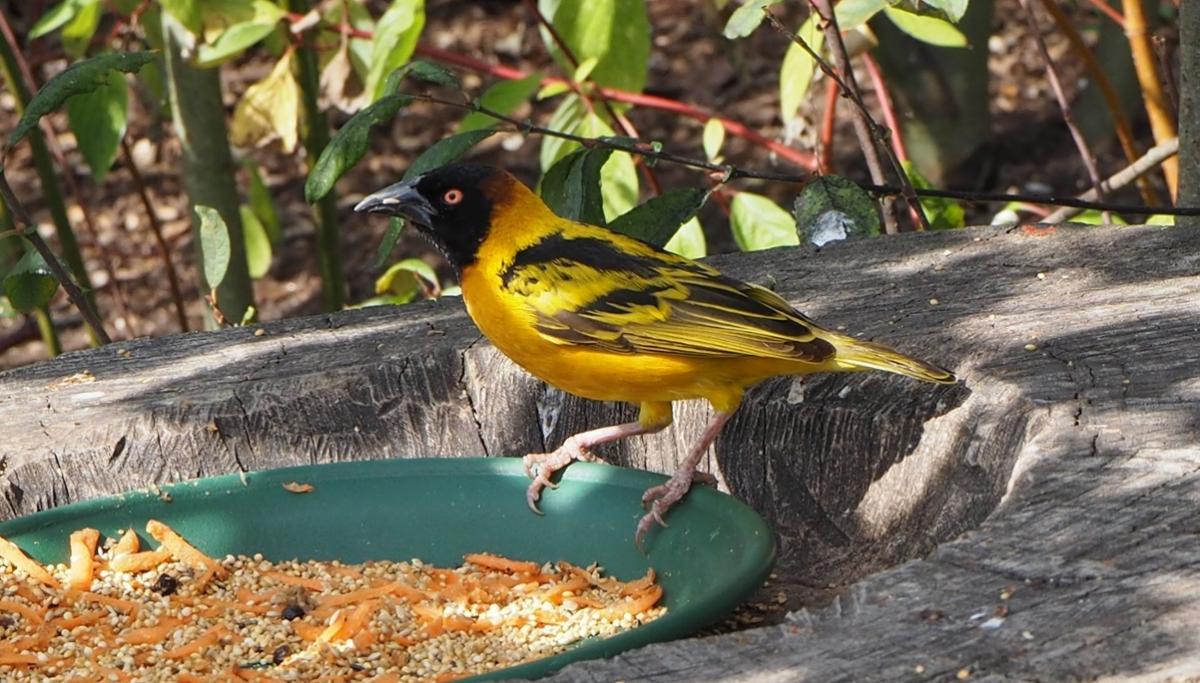Birds of a feather flock together—at least when their diets and habitats are conducive to sociable behavior, according to research on weaver birds.
There are 118 species of weaver birds, and most live in sub-Saharan Africa. While some species live on the open savannah and eat mostly seeds, others live in forests and prefer feasting on insects. Researchers looked at studies done on different species of weaver birds to examine the relationships between their diets, habits, and social behavior.
They found that seed-eating birds living in the open savannah tended to forage in groups, nest in large colonies, and have multiple mates per breeding season. The insect-eating, forest-dwelling birds, on the other hand, were more likely to forage and nest alone, and have a single mate per season.
These divergent social behaviors are likely influenced by their different diets and habitats. Working together makes it easier for birds that eat seeds out on the savannah to find spots with a large supply of seeds. There’s also safety in numbers out on the open savannah, further incentivizing flocking. Their polygamous breeding may be a result of the smaller number of nesting sites in the savannah. By contrast, working together to find food wouldn’t help forest-dwelling, insect-eating weaver birds as much, since insects tend to be more widely dispersed. There are a lot more suitable nesting sites in the forest, so these birds don’t need to live in colonies, and monogamy makes sense for birds with more solitary lives. It seems that birds that eat bugs don’t like to be bugged.










